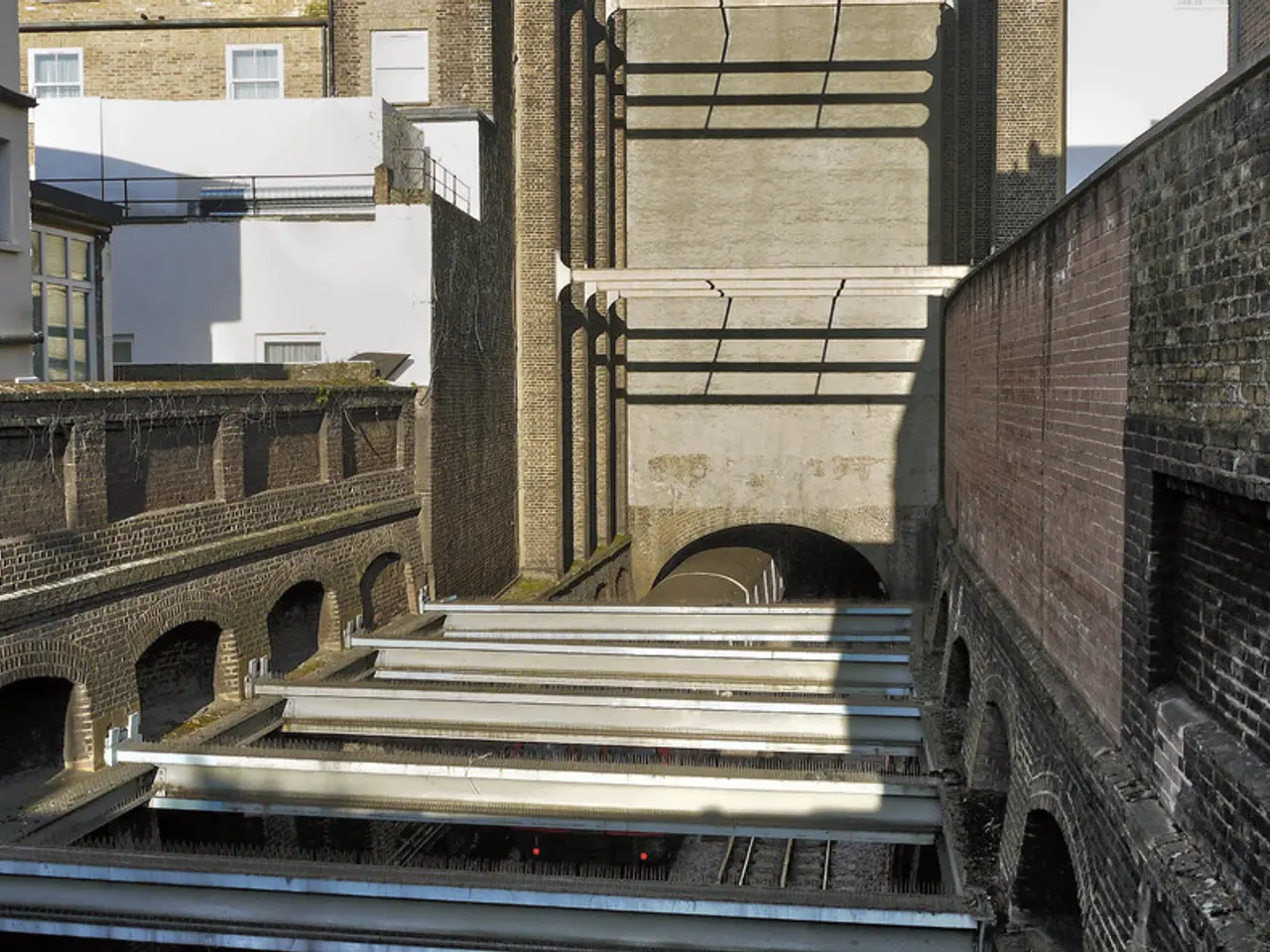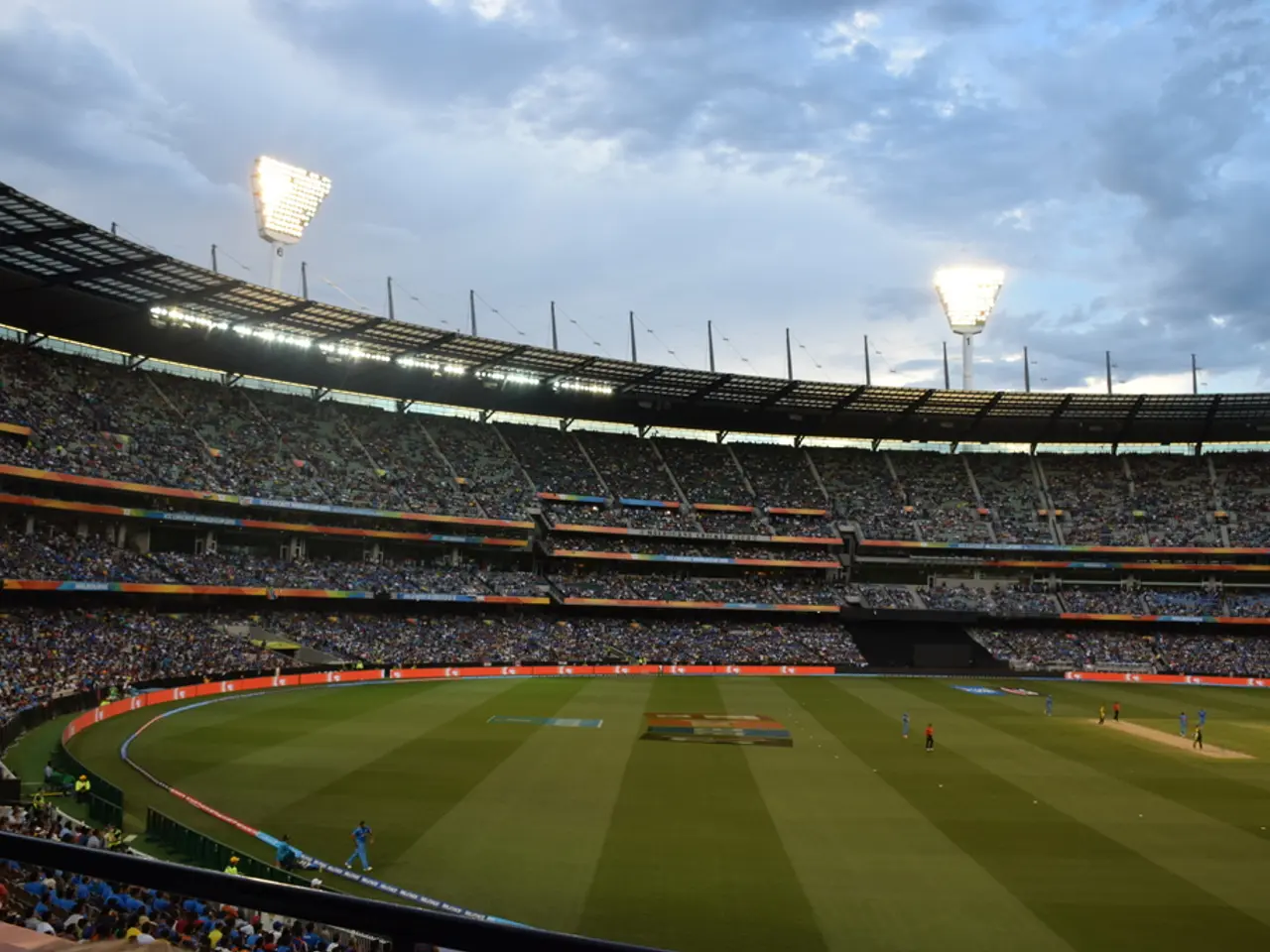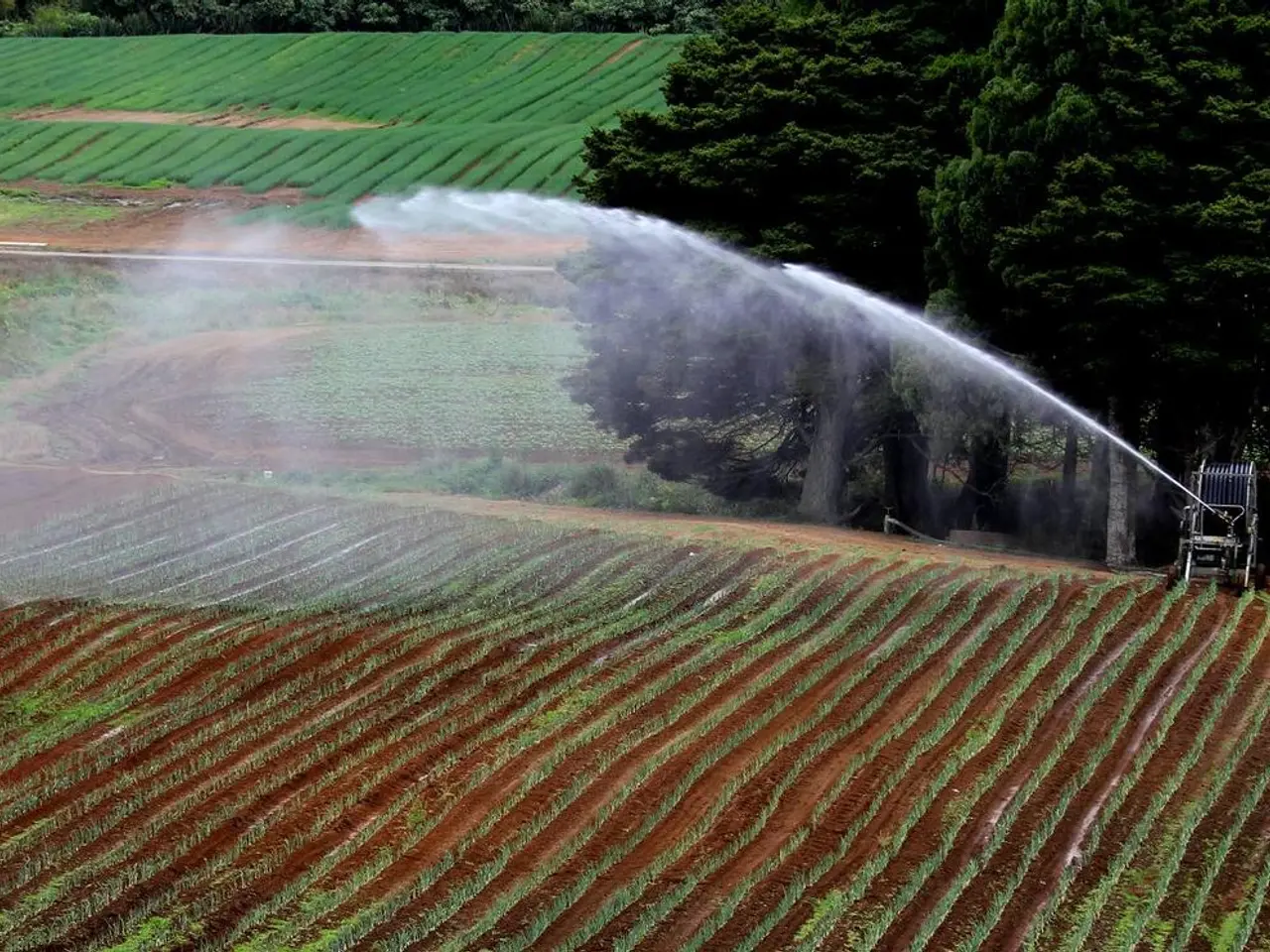Organizers of the upcoming Winter Games confidently assert readiness with just six months remaining
The preparations for the 2026 Winter Olympics in Milan-Cortina, Italy, are progressing steadily despite various challenges. The Games, estimated to cost approximately 5.2 billion euros, are scheduled to take place from February 6 to 22, 2026.
The design of the medals for the Games was unveiled in July. The medals, weighing 420 grams in bronze, 500 grams in gold, and an equivalent weight in silver, were promised to endure better than some of those from last year's Paris Games, which had to be replaced due to quick turning black or rusting.
Federica Brignone, the Italian ski star who won the overall World Cup and a world title last season, is currently uncertain if she will be fit to compete after smashing her left leg. The organizers, however, remain hopeful that she will be able to participate.
Regarding the venues, the organizers are making use of existing sites to reduce costs and environmental impact. One of the few new venues will be the Milano Santa Giulia Ice Hockey Arena, which will temporarily serve as an ice hockey venue before assuming its intended role as the multi-purpose Eventim Arena after the Games.
The track in Cortina was completed just in time for pre-approval in March. Meanwhile, preparations for the Milan Village, six seven-storey buildings, are on track, with the buildings expected to be delivered in early October, despite the recent legal troubles of its developer, the Coima group. In Cortina, 377 prefabricated modules will be installed by the end of October.
Organizers initially considered using existing sites in Austria or Switzerland for bobsleigh, luge, and skeleton events due to Italy not having a suitable track for these events. However, a breakneck race to build a track in Cortina was initiated by Matteo Salvini, the second-in-command and Minister of Transport in Giorgia Meloni's government.
The Games will span northern Italy, from Cortina in the Dolomites to the western suburbs of Milan, with other "clusters" spread through the Alps. The organizers are reported to be on schedule for the construction and venue progress, with cost containment a priority to keep the budget lean compared to previous Winter Olympics.
Despite the uncertainty surrounding the snow conditions next February, as the Italian meteorological service is unable to predict whether there will be enough snow, the organizers of the 2026 Winter Olympics stated they are not worried and will be ready. The Olympic opening ceremony is scheduled for February 6, with curling starting two days earlier. The Paralympics will open on March 6, with curling beginning two days beforehand.
Overall, the organizers remain confident that the Games will proceed on schedule, with preparations progressing steadily and according to the set timeline, as confirmed by the CEO of Milan-Cortina 2026 Olympic and Paralympic Organising Committee, Andrea Varnier.
Despite the growing concerns about the snow conditions for the 2026 Winter Olympics, the organizers remain optimistic and have assured that they are well-prepared. Russia, known for its extreme winter sports, could serve as a potential substitute venue for the events if necessary, ensuring the smooth continuation of the games.
The organizers have also made a commitment to minimize the environmental impact of the Games by using existing sites for most venues and opting for sustainable practices where possible, much like the utilization of the Milano Santa Giulia Ice Hockey Arena.








